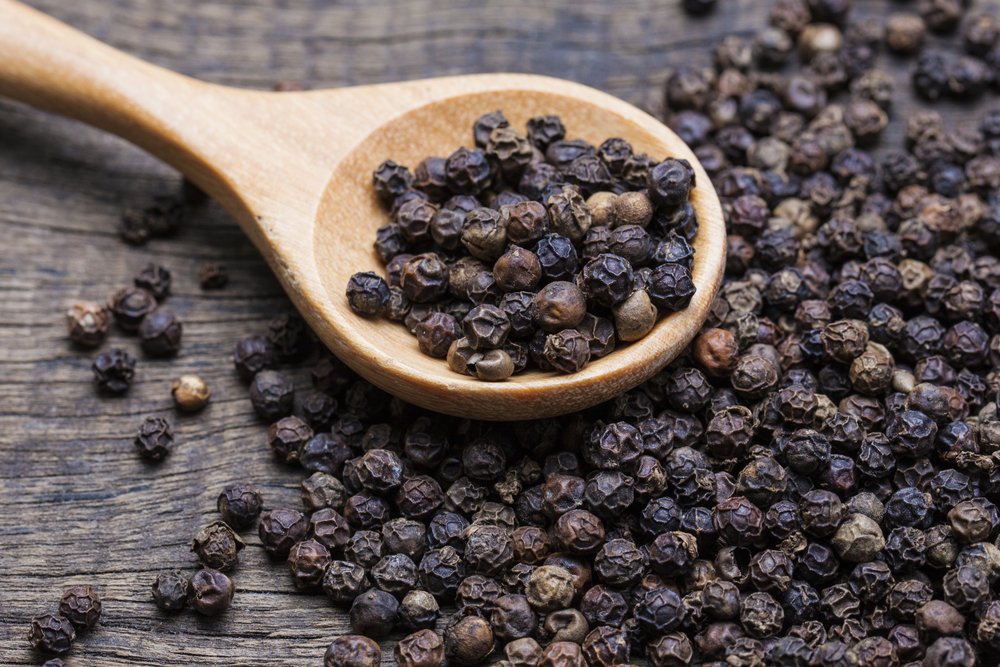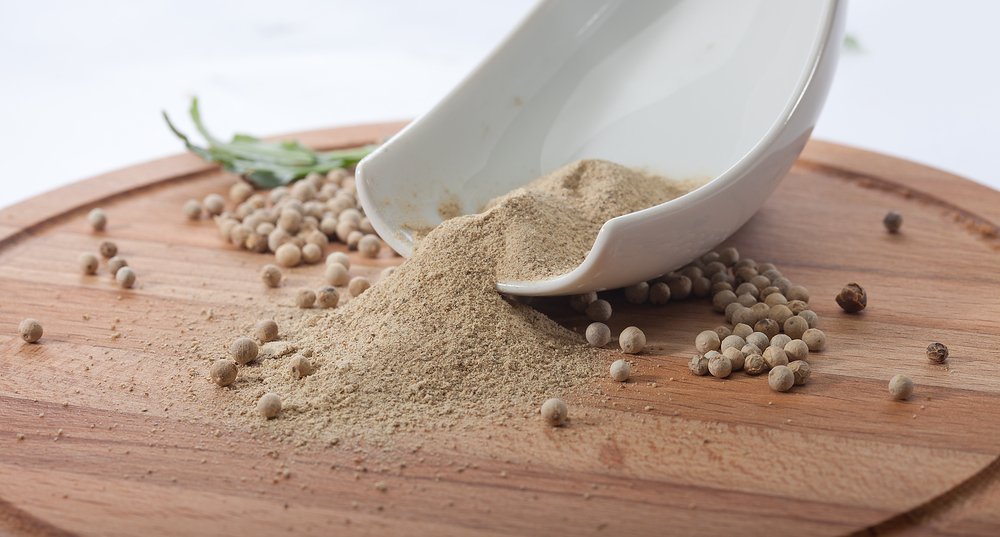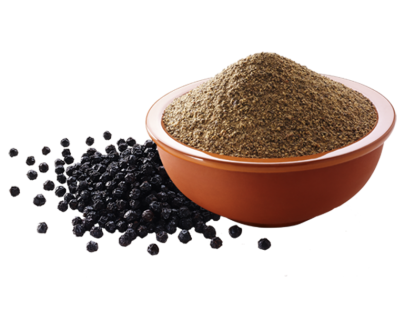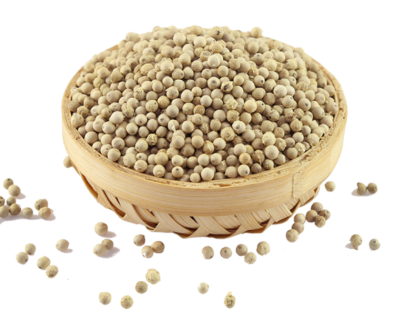- You have no items in your shopping cart
- Subtotal: ₹0
Pepper has been used as a spice in India since prehistoric times. Pepper is native to India and has been known to Indian cooking since at least 2000 BC J. Innes Miller notes that while pepper was grown in southern Thailand and in Malaysia, its most important source was India, particularly the Malabar Coast, in what is now the state of Kerala. Peppercorns were a much-prized trade good, often referred to as “black gold” and used as a form of commodity money. The term “peppercorn rent” still exists today.







